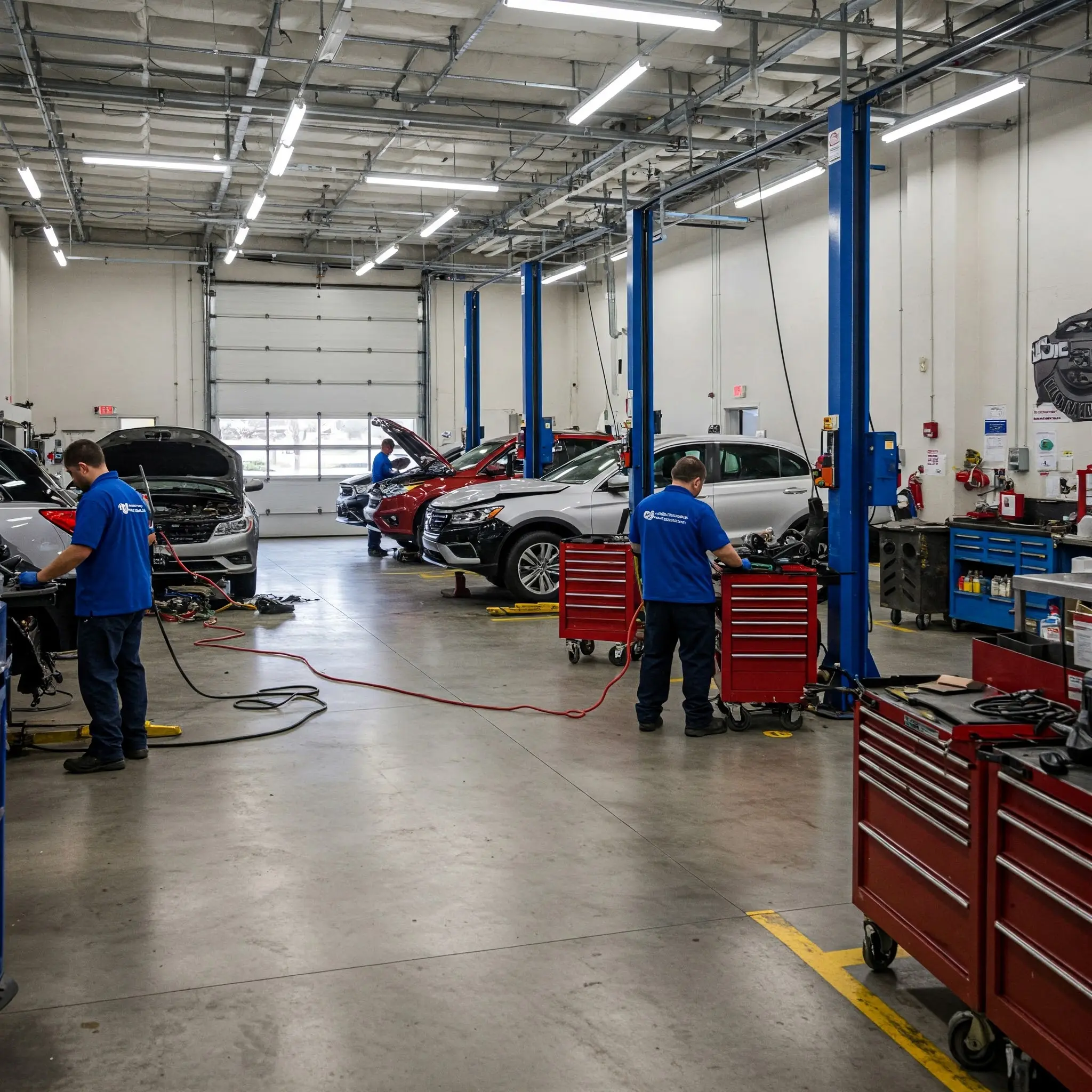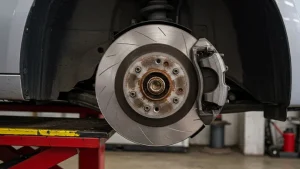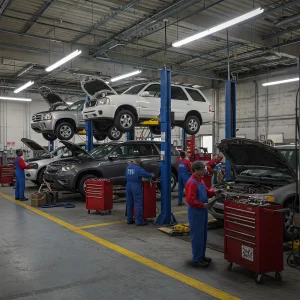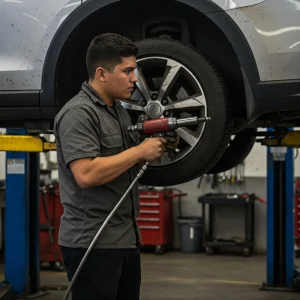Having comprehensive car insurance means having peace of mind. Comprehensive car insurance meaning goes beyond just accidents—it protects you against theft, natural disasters, and unexpected damages that may not involve another driver. Whether you’re dealing with a hailstorm in Texas or a stolen vehicle in a big city, comprehensive insurance coverage provides financial protection and ensures you’re not left covering high repair costs aloneا:.
What Is Comprehensive Car Insurance and Why Is It Essential?
Unlike basic liability insurance, which covers only damages to others, comprehensive car insurance safeguards your vehicle from incidents like fire, vandalism, and falling objects. This coverage is essential for anyone who wants full protection from both on-road and off-road events. Many drivers in Texas prefer this option, especially with unpredictable weather and the growing number of theft cases. With comprehensive coverage, you’re also better protected against unexpected car repair costs .Related policies like comprehensive insurance Texas offer tailored plans based on regional needs.
What Does Comprehensive Car Insurance Cover?
Comprehensive car insurance provides broad protection against unexpected events. as the following:
- Protection from weather-related damages like hail, flooding, and storms
- Coverage for theft, animal collisions, and vandalism
- Complements collision insurance to help avoid costly out-of-pocket expenses
- Flexible coverage options and deductibles to fit your needs
This comprehensive coverage helps ensure you’re prepared for the unexpected, offering peace of mind no matter what comes your way.

Benefits of Having Comprehensive Car Insurance.
- Peace of Mind: Knowing your vehicle is covered against a wide range of risks allows you to drive with confidence.
- Protection Against Natural Disasters: Especially important in states like Texas where floods or storms are frequent, comprehensive insurance ensures your repairs are covered.
- Theft and Vandalism Coverage: If your vehicle is stolen or damaged by someone intentionally, this policy helps cover the loss.
- Non-Collision Incidents: Events like a tree falling on your car or damage from stray animals are included.
- Flexible Plans: Many providers offer best comprehensive insurance plans with adjustable comprehensive car insurance deductible and add-ons to fit your needs.
Don’t overlook small damages—even something like car scuff repair cost can add up if you’re not covered.
Common Misconceptions About Comprehensive Car Insurance.
Comprehensive car insurance is often misunderstood, and those misconceptions can cost you. Let’s clear up some of the most common myths.
- Doesn’t cover accidents you cause—it protects against non-collision events like theft and storms
- Not always expensive—comparing plans can reveal surprisingly affordable options. However, it’s important to understand what’s included; differential car repair costs, for instance, may not be covered and can catch some drivers off guard.
- Still valuable for older cars—protection from vandalism, hail, or fire isn’t just for new vehicles
- More flexible than you think—many providers offer customizable features for your needs
Don’t let myths steer your decision. Take a closer look at what comprehensive coverage really offers and find a plan that fits your life .
Factors Affecting Comprehensive Car Insurance Costs.
Wondering why comprehensive insurance costs vary so much? It all comes down to the details behind your car, your location, and your driving habits.
- Premiums rise for vehicles that are expensive to repair or commonly targeted by thieves
- Your ZIP code matters—urban areas with higher crime or weather risks can increase costs
- A clean driving record can significantly lower what you pay over time
- Localized searches, like “comprehensive car insurance quotes Houston TX,” help you compare relevant offers
Looking for better rates? Get personalized quotes based on your car and location—and make sure you’re not overpaying for protection. Broken glass repair Houston TX is an example of how local factors can influence the overall cost, particularly when it comes to the risks in your area..

How to Choose the Right Comprehensive Car Insurance Policy
- Compare Providers: Use tools and platforms to compare different comprehensive insurance plans from top insurers.
- Check Customer Reviews: Look into other drivers’ experiences to evaluate service quality.
- Consider Deductibles and Limits: Higher deductibles may lower premiums but increase out-of-pocket costs during claims.
- Ask About Bundles: Some insurers offer discounts if you bundle comprehensive car insurance vs collision to get complete protection.
- Assess Your Needs: Consider the age and value of your vehicle, your location, and how often you drive.
The Role of Technology in Comprehensive Car Insurance.
Technology is changing the way drivers experience comprehensive car insurance. What used to be a long process is now faster, easier, and right at your fingertips.
Get instant quotes and file claims with AI-powered mobile apps.
AI-driven apps make it quick and easy to get insurance quotes and submit claims.
No paperwork, no delays—just fast, efficient service from your phone.
Access your policy details or renew coverage anytime, anywhere.
Manage your insurance without calling or visiting an office. View your policy or renew coverage 24/7 from any device.
Use smart comparison tools to find the best value in minutes.
Compare multiple insurance options in one place with intelligent tools. Save time and money by finding the right coverage in just minutes.
Enjoy greater transparency and control through digital platforms.
Digital tools put you in charge of your insurance experience. Track, adjust, and understand your policy with complete clarity.
Why Comprehensive Car Insurance Matters in Texas.
From frequent hailstorms to high vehicle theft rates, Texas drivers face a range of risks. Comprehensive car insurance provides critical protection in a state where natural events and crime can cause serious vehicle damage. Whether you’re driving through Houston or parking in Dallas, having the right coverage ensures you’re prepared. Many providers now offer comprehensive insurance Texas with custom features for local conditions.

Westside Collision Recommends Comprehensive Protection.
Comprehensive insurance can save you from unexpected headaches—and costly repairs. At Westside Collision ,We strongly encourage every vehicle owner to explore comprehensive car insurance coverage options that fit their personal needs. and We’ve seen how much of a difference it can make.
- Expert handling of insurance claims, especially for hail, theft, and vandalism
- Seamless coordination with your insurance provider from start to finish
- Fast turnaround times to get you back on the road with minimal downtime
- Tailored repair solutions that match your coverage and your car’s needs
Need help figuring out the right coverage for your car? Reach out to Westside Collision today—your trusted partner in getting back on the road, worry-free.
Conclusion .
In today’s world, having comprehensive insurance is more important than ever. It protects your vehicle from unexpected and costly events, offers flexibility, and brings peace of mind. Whether you’re looking for cheap comprehensive car insurance quote, coverage tailored to your area, or tech-friendly policies, investing in this type of insurance is a smart move for every car owner.




